These days, Ms. Pupu Thi Hanh's family in Bac Ray 2 village, as well as many people in Phuoc Binh commune, are busy entering the cashew harvest season. Ms. Hanh shared: My family's cashew garden has over 1,000 trees on an area of nearly 2.5 hectares of hillside land. Previously, people cultivated in the traditional way, mainly planting freely, so the cashew yield was low, about 5-6 quintals/ha. Since TrueCoop Organic Cashew Cooperative sent technical staff to guide people in planting and caring for cashew trees in an organic way, the cashew yield has increased compared to before. Currently, the price of cashew nuts ranges from 25,000-27,000 VND/kg, thereby helping people have a stable source of income to develop the economy. Like Ms. Hanh's family, Mr. Kator Thuan's family in Cha Panh village, Phuoc Hoa commune is also busy harvesting over 1.2 hectares of organic cashews. Mr. Thuan said: A few years ago, during the cashew harvest season, people often sold at grocery stores and small retail points in the commune, so the price was unstable. Since joining the TrueCoop Organic Cashew Cooperative, the price has been more stable, helping people increase their income. Currently, in the commune, there is a Phong Binh purchasing point of the TrueCoop Organic Cashew Cooperative, which is very convenient for people to sell cashews.
Thanks to the rice production linkage, farmers in Bac Ai district can increase their income.
Currently, in the province, there are more than 5,000 hectares of cashew trees planted under the forest canopy. Of which, TrueCoop Organic Cashew Cooperative has linked with 1,800 farming households with 3,980 hectares of cashew grown organically, according to the standards of the US, Japan and Europe. The cooperative purchases 100% of organic cashew nuts for farmers, thereby helping people increase their income on the same unit of area. Mr. Bui Duy Thanh, Deputy Director of TrueCoop Organic Cashew Cooperative, said: In the coming time, we will continue to expand the raw material area to link with about 2,500 members, increasing the area and output of TrueCoop to over 5,000 hectares. The second goal is that we will work with BioValley Vietnam Joint Stock Company to build an organic cashew processing factory in Ninh Thuan and the third goal is that we will carry out value chain linkage projects associated with the consumption of organic cashew products.
Phuoc Chinh is a purely agricultural commune, people's lives depend on agricultural production. In order to help people improve the productivity and quality of rice grains, in 2020, Phuoc Chinh General Agricultural Service Cooperative has linked with 30 households to cultivate about 20 hectares of Dai Thom 8 rice variety according to VietGAP standards. Initially, the Cooperative provided support with new rice varieties, fertilizers and guidance on rice cultivation techniques according to VietGAP standards. Over time, the model has not only helped to increase productivity and rice yield but also changed the production mindset of local people. Up to now, the number of linked households has increased to over 80 households, each crop produces nearly 70 hectares with the main rice variety Dai Thom 8, the output of clean rice supplied to the market is over 50 tons/crop. The Cooperative's rice products are favored by consumers, the consumption market has expanded to provinces and cities, such as: Ho Chi Minh City, Binh Duong and Lam Dong. Thereby, contributing to bringing local specialties to consumers, helping people increase their income. Ms. Chamaléa Thi Phuong in Suoi Kho village, shared: When participating in the association, farmers receive investment in fertilizers, seeds, and technical support from the cooperative. After harvesting, the cooperative buys rice at a higher price than outside, so people feel secure in producing to develop their family economy.
In addition to exploiting the advantages of indigenous crops, Bac Ai district is currently developing high-value crops through cooperative models to improve production efficiency and help reduce poverty for local people. For example, the South Central High-Tech Agricultural Cooperative in Suoi Da village, Phuoc Tien commune has proactively found its own way, building a 2-hectare greenhouse farm, linking with farmers to produce melons. The cooperative commits to providing a portion of inputs to meet the quantity and quality of products, providing technical guidance and consuming 100% of the products that farmers register to produce together at stable prices. The cooperative deploys a model that meets the requirements for farmers to visit and learn, and join together in the chain to create quality and branded products. Every year, the cooperative brings to the market over 230 tons of high-quality melons, earning a revenue of 6-7 billion VND. Mr. Nguyen Trong Hanh, Director of the Cooperative, said: To stand firm in the market economy, the Cooperative has proactively developed a specific business strategy, invested in high-tech production lines, ensuring the supply of safe melon products to the market at reasonable prices. The Cooperative has participated in the OCOP Program with Sun Farm melon products, and the results were evaluated and ranked by the Council at 3 stars at the provincial level in 2022. OCOP products have contributed to affirming production value, motivating the Cooperative to promote production, expand and link with people to expand production areas, contributing to making the Cooperative's melon brand more and more known. Not stopping at bringing fresh melon products with the best quality to the market, the Nam Mien Trung High-Tech Agricultural Cooperative will also research to invest in construction and deep processing to produce a variety of products made from melons such as: melon juice, dried melon, instant melon powder, melon ice cream, melon candy...
According to statistics, in Bac Ai district, there are 14 agricultural service cooperatives operating with 130 members, the total charter capital of 14 cooperatives is over 20 billion VND. It can be seen that the development of production linkage models associated with agricultural product consumption with the "midwife" being cooperatives has helped improve productivity and quality of agricultural products; overcome the situation of fragmented and small-scale production, create favorable conditions for applying scientific and technical advances into production, create raw material areas and stabilize product output. From the production linkage models, product consumption between farmers and cooperatives has created an important breakthrough, creating a strong change in agricultural production in the district. This not only helps reduce poverty but also contributes greatly to the construction of new rural areas in the locality.
Kha Han
Source






![[Photo] Prime Minister Pham Minh Chinh receives Mr. Jefferey Perlman, CEO of Warburg Pincus Group (USA)](https://vstatic.vietnam.vn/vietnam/resource/IMAGE/2025/4/18/c37781eeb50342f09d8fe6841db2426c)
![[UPDATE] April 30th parade rehearsal on Le Duan street in front of Independence Palace](https://vstatic.vietnam.vn/vietnam/resource/IMAGE/2025/4/18/8f2604c6bc5648d4b918bd6867d08396)

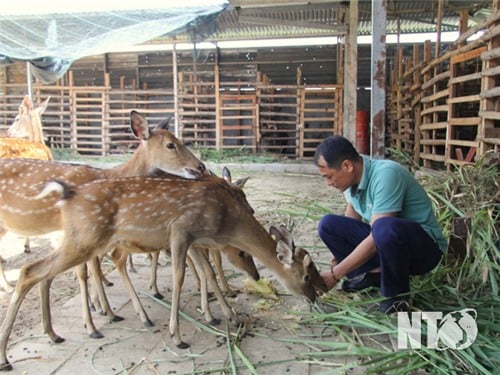


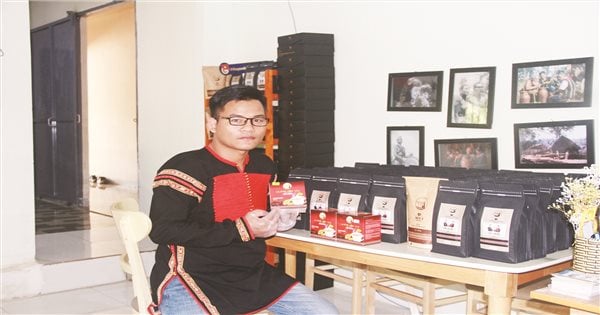

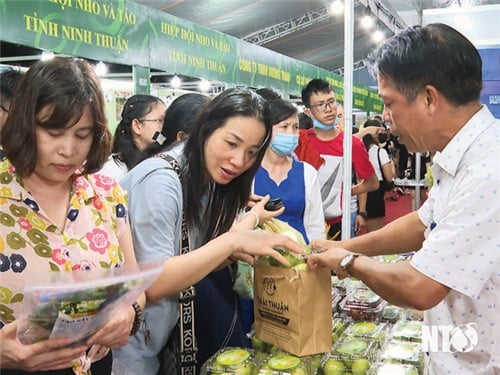
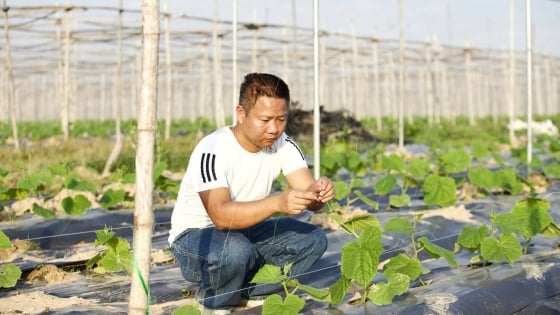


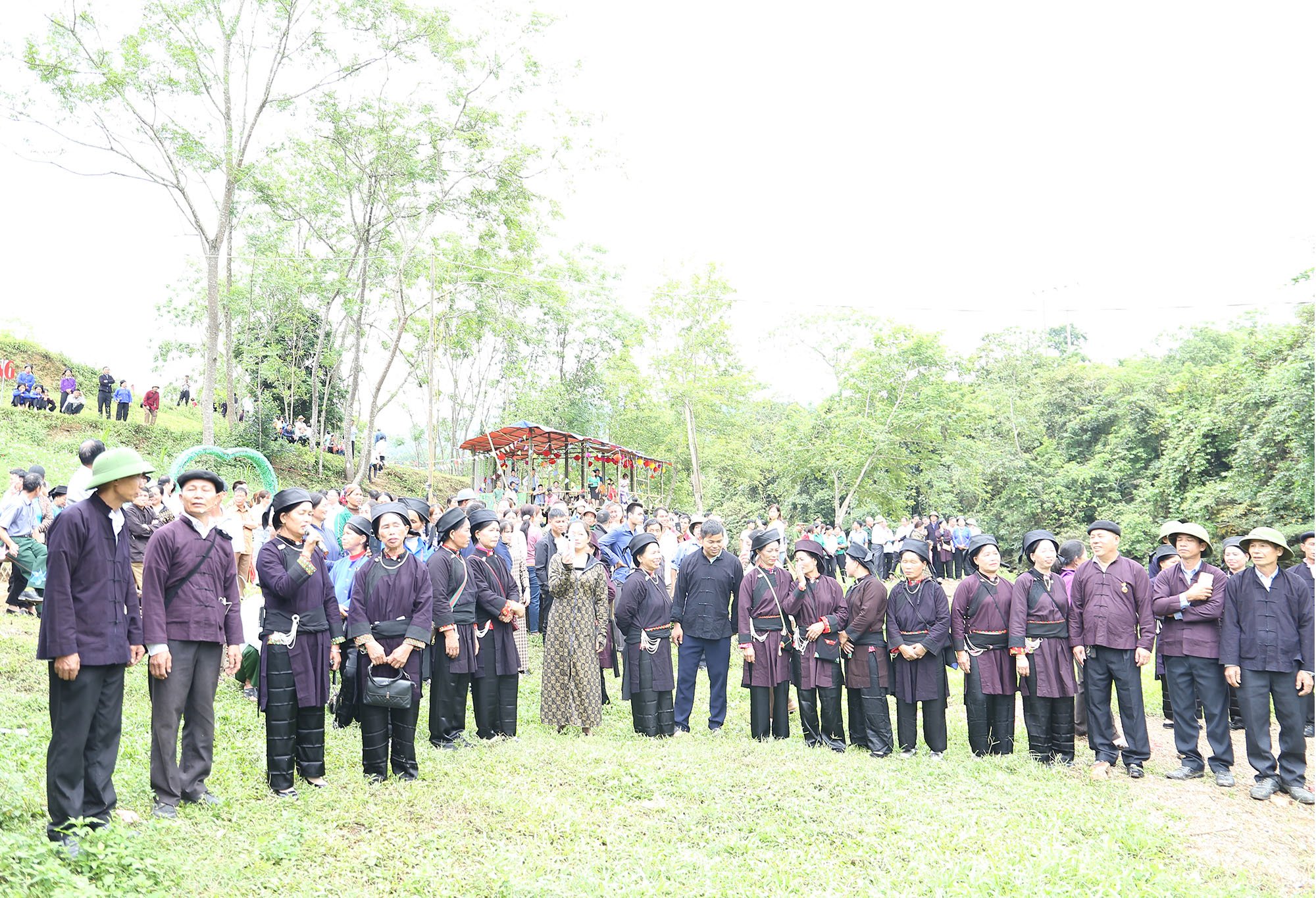


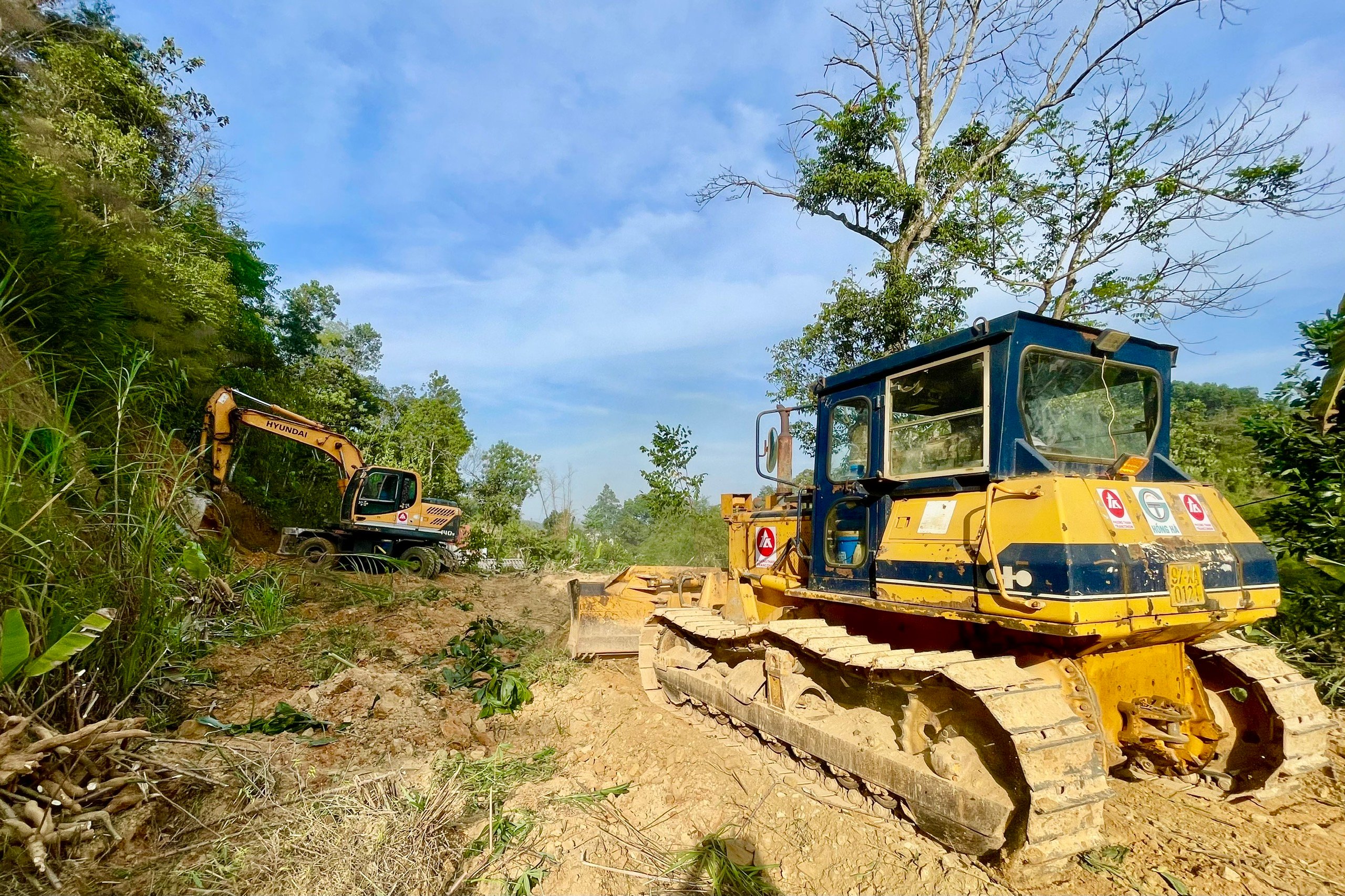
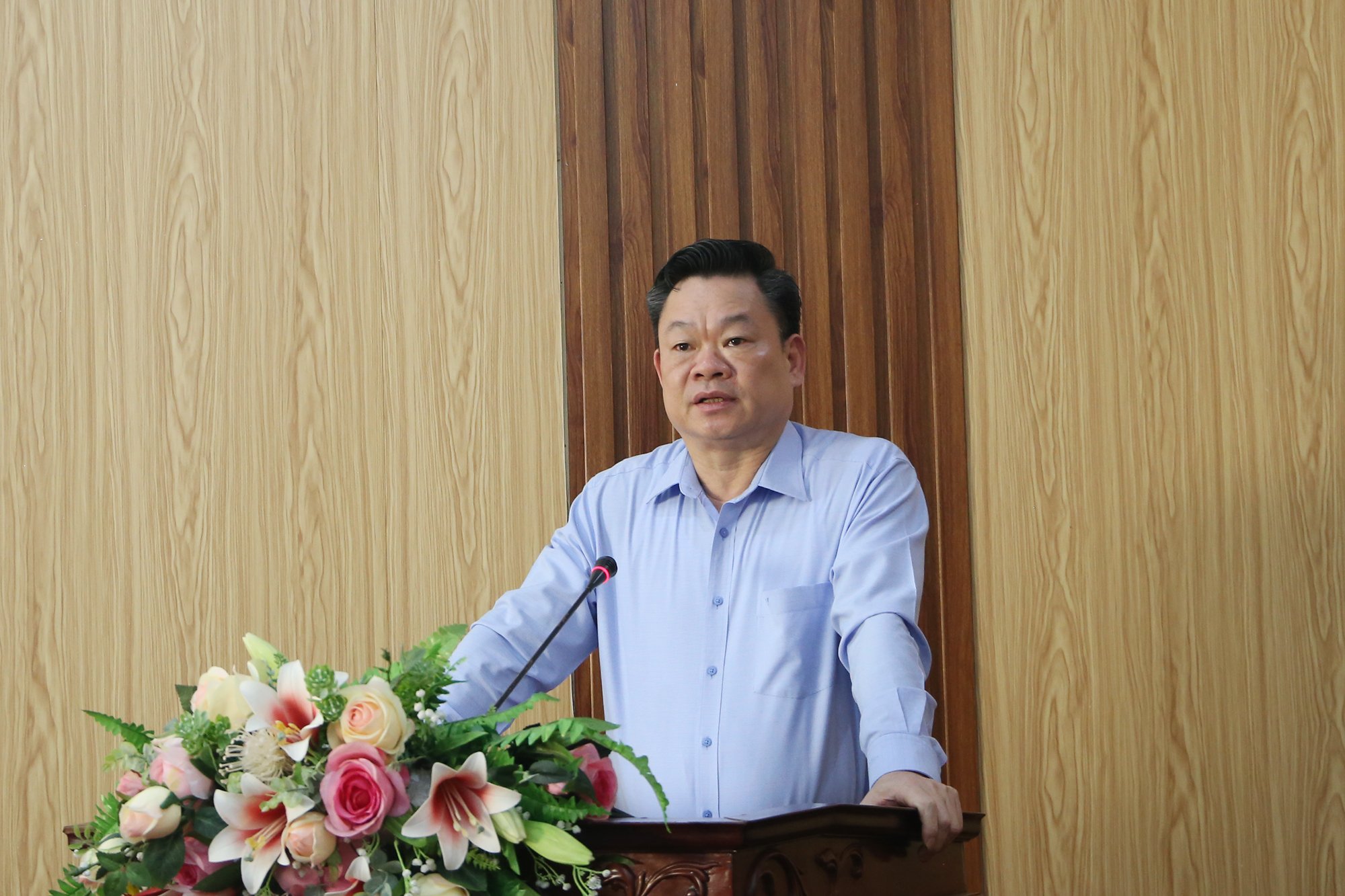







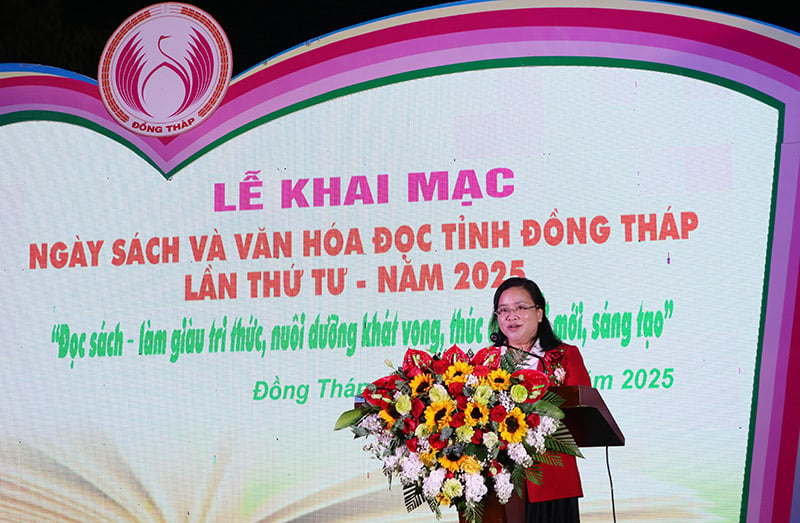




























































Comment (0)